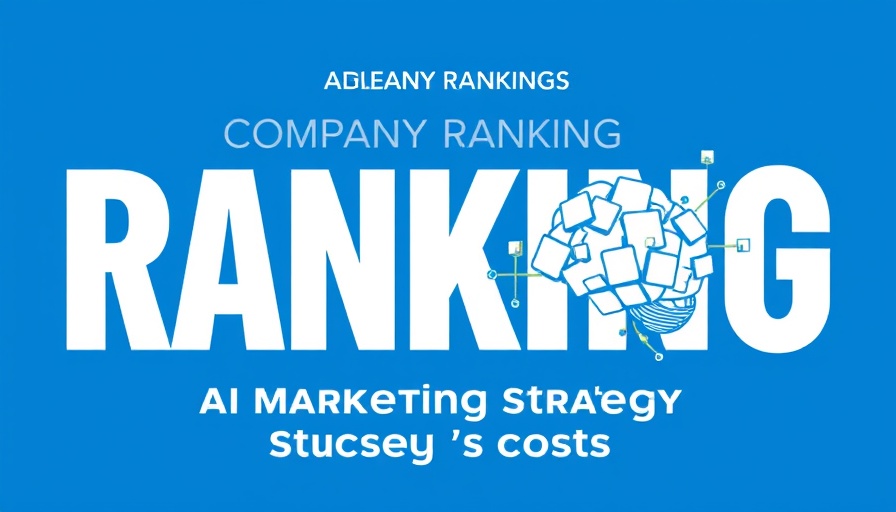
Revolutionizing Synthetic Data Generation
In today's data-driven world, privacy concerns often clash with the need for robust datasets for artificial intelligence (AI) applications. A recent breakthrough from Google Research introduces a new method for synthetic data generation that balances privacy and utility, making advanced AI accessible even for resource-constrained applications. The framework, known as CTCL (Data Synthesis with ConTrollability and CLustering), is designed to create privacy-preserving synthetic data without the heavy lifting typically demanded by billion-parameter language models (LLMs).
The Challenge of Data Privacy in AI
Generating synthetic data while ensuring privacy is fraught with challenges. Traditional methods often require private datasets to be fine-tuned on enormous models like billion-parameter LLMs, resulting in high computation costs and inefficiencies. While new approaches such as Aug-PE and Pre-Text have emerged, they frequently depend on manual prompts and struggle to leverage private information effectively. These limitations highlight the pressing need for solutions that cater to tighter budgets and less powerful machines.
A Closer Look at the CTCL Framework
The CTCL framework introduces two pivotal components: CTCL-Topic and CTCL-Generator. CTCL-Topic captures the overarching themes of a dataset, acting as a universal topic model. In contrast, CTCL-Generator leverages this information to generate documents based on specific keywords. With just 140 million parameters, this lightweight model is a breakthrough for developers seeking efficient AI solutions.
Why This Matters for AI Professionals
This advancement offers significant implications for AI education, business networking, and the future of work. By enabling the creation of synthetic data without extensive computational resources, professionals can test and refine AI applications more easily. This is particularly beneficial for those in AI communities or pursuing career development in AI, as it fosters innovation and accessible learning environments.
Potential Impact on Businesses
Businesses relying on data for insights can leverage the CTCL framework to enhance AI tools tailored for their operations. This development encourages a tech networking culture where innovation thrives through shared resources. For AI enthusiasts and professionals looking to refine their skills, engaging with this new tool can provide invaluable insights into data handling and application development.
A Bright Future for AI and Data Synthesis
The introduction of the CTCL framework marks a significant growth opportunity not only for AI development but for various industries utilizing AI tools. It paves the way for new educational pathways in AI learning platforms, where developers can learn effective synthetic data generation strategies. This accessibility fosters an enriched community around AI innovations, amplifying the potential for collaboration at networking events and within AI professional circles.
As artificial intelligence continues to evolve, staying informed about such developments is crucial. Engaging with ongoing AI education and networking can provide professionals with the insights necessary to thrive in an increasingly data-centric landscape.
 Add Row
Add Row  Add
Add 





Write A Comment